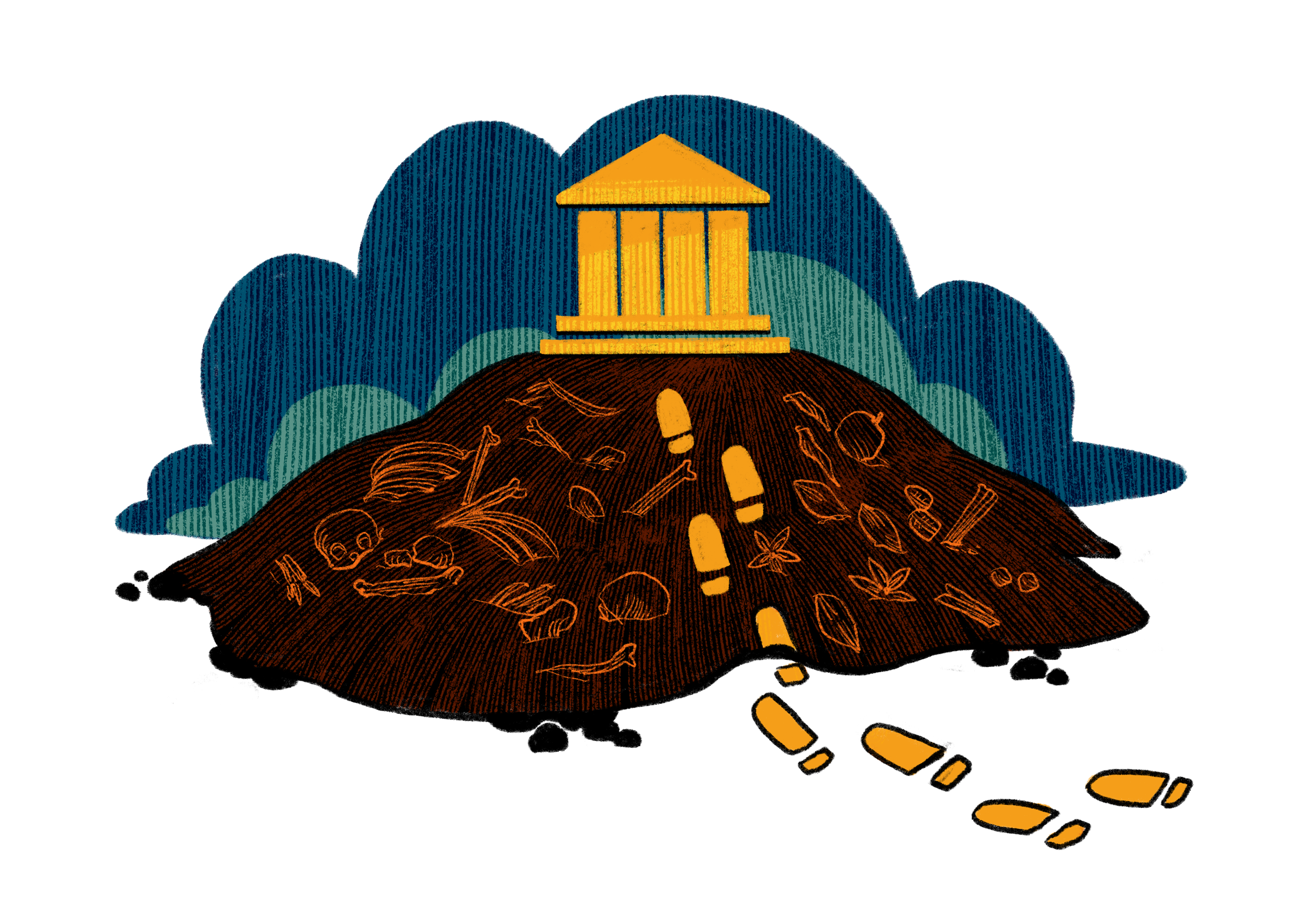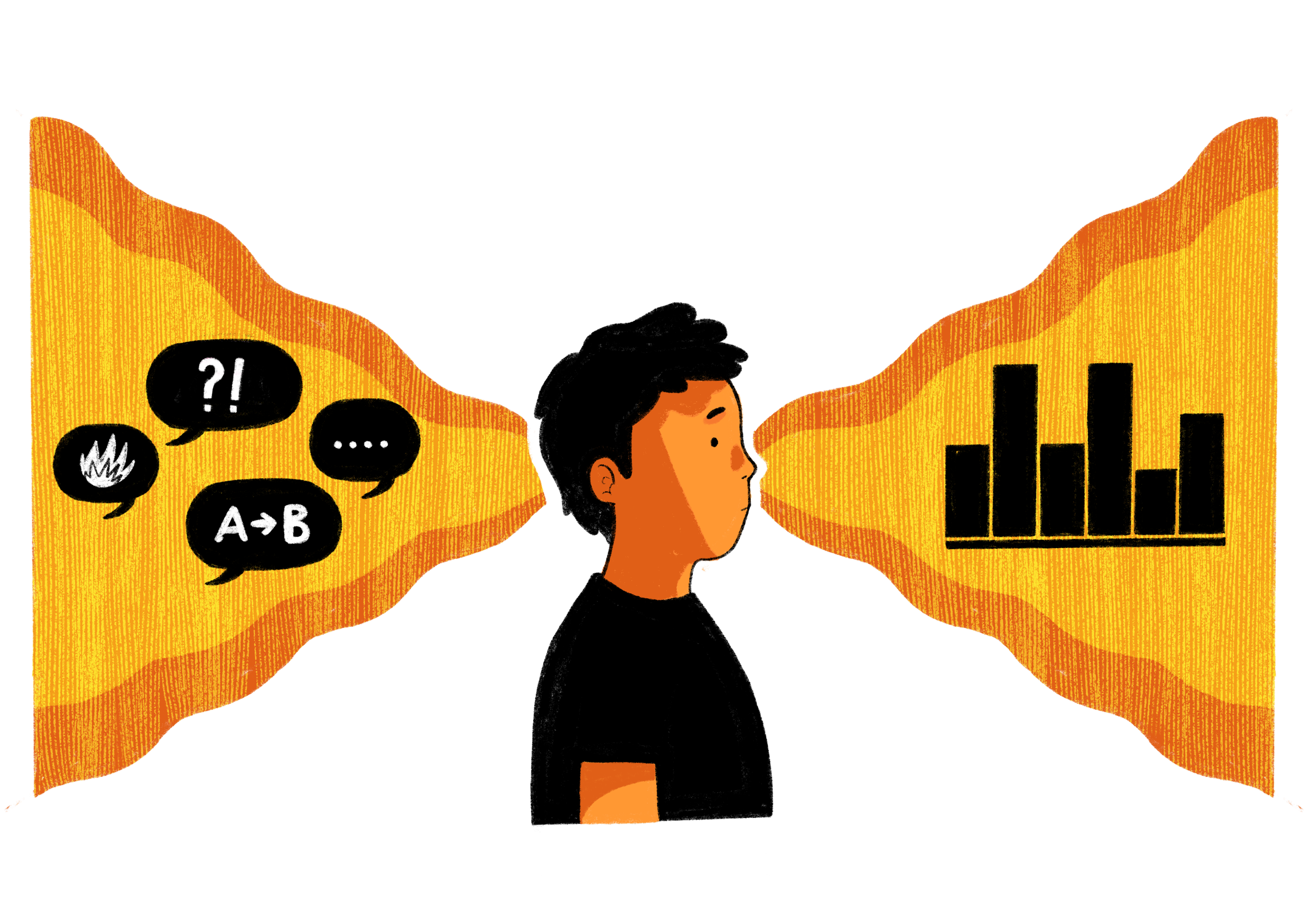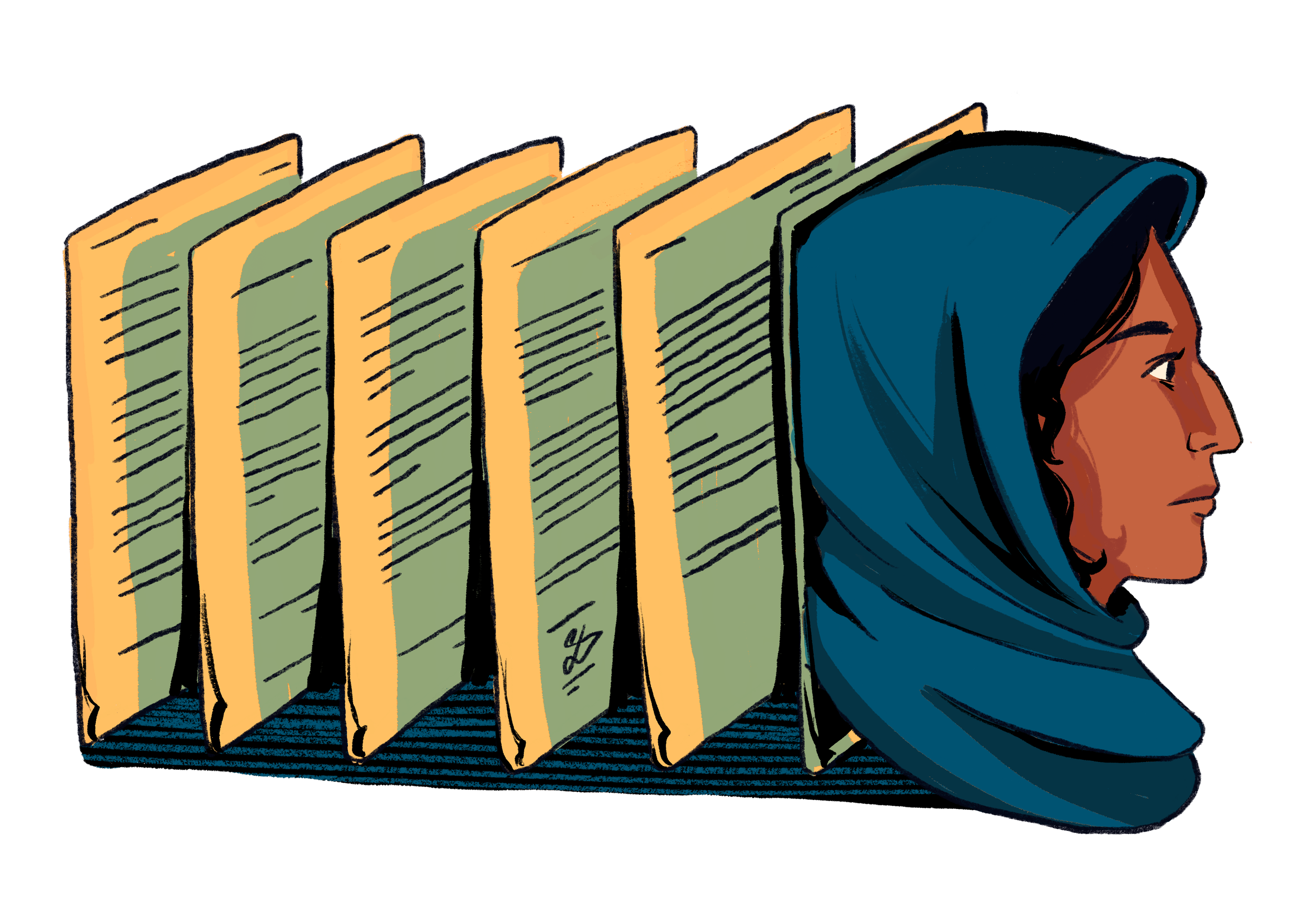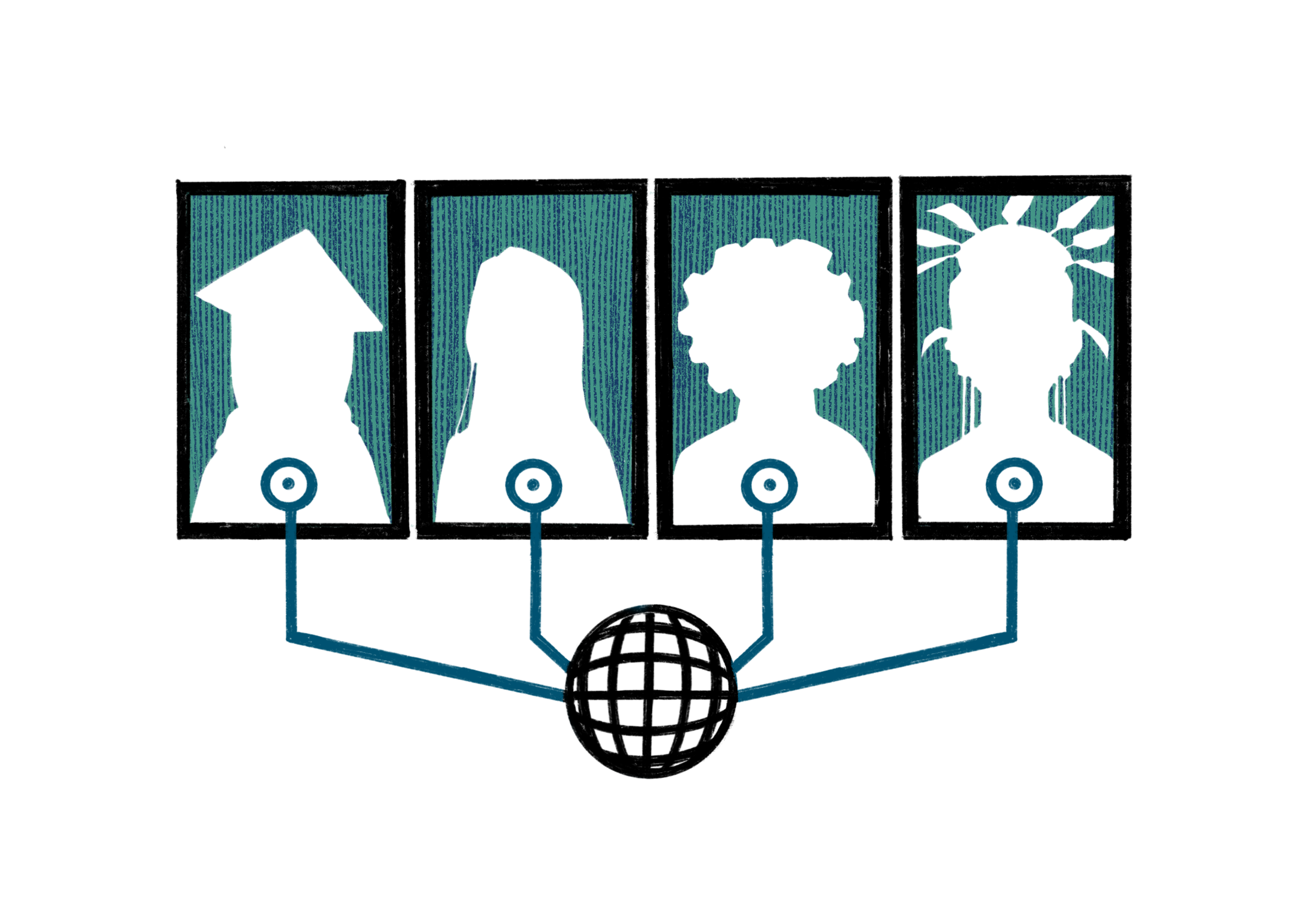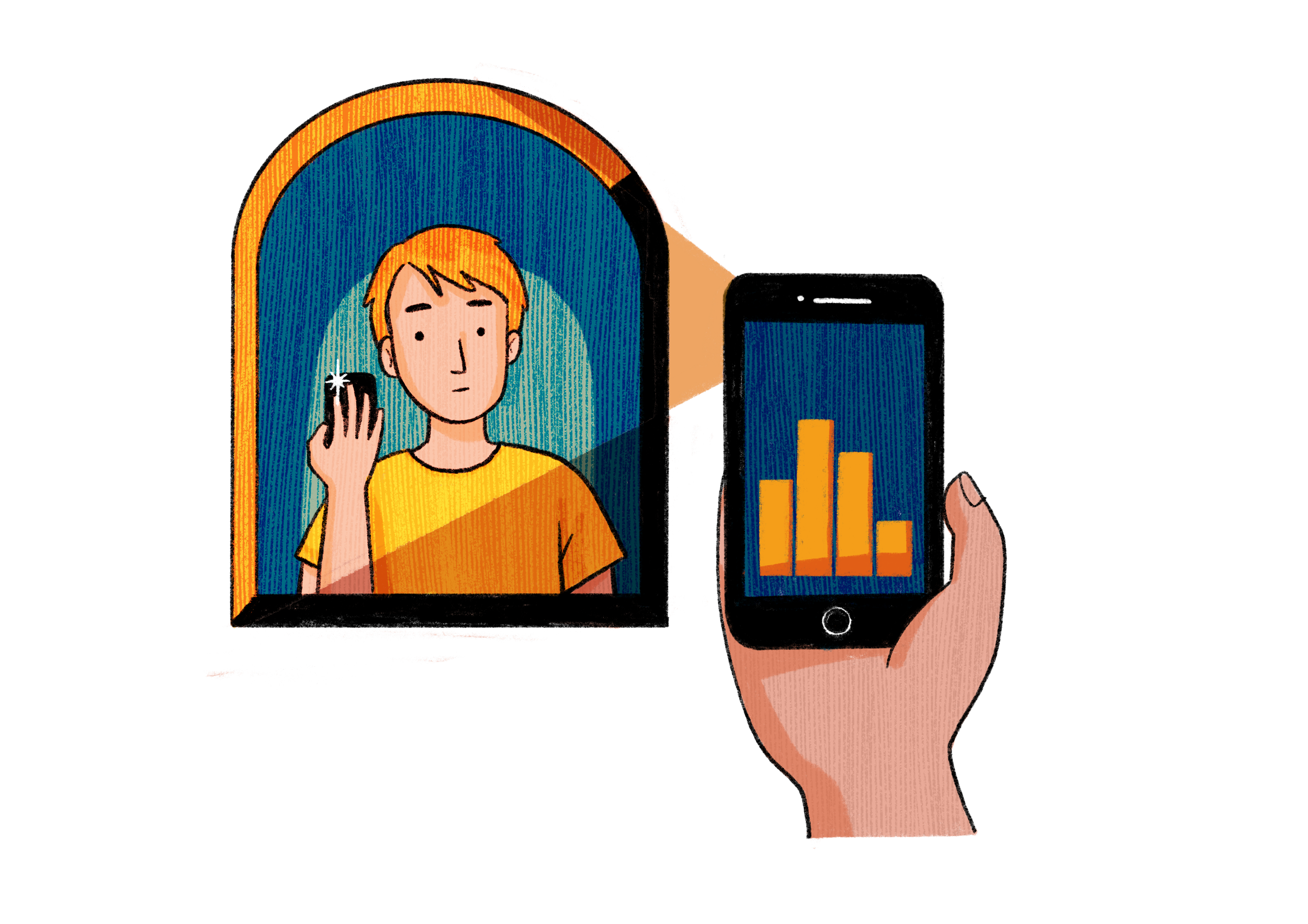
WORKSHOP
The world is talking ‘data’. The early hype around the potential of "Big" data, with its promises of unprecedented insight into social life, has given way to dystopian visions of rampant commodification, the invasion of privacy, racist algorithmic systems, political manipulation, bodily alienation, and shadowy data doubles. In response, critical voices have galvanised around the idea of data justice as a means to reclaim, resist or re-frame data and data-driven systems. However, data justice is not a fixed idea, but shape-shifts according to context. Whose idea of justice is being invoked and is there only one? What counts as data and is it only digital? What is being resisted and why? What local concerns and ideas are being drawn on to formulate data justice, and how do they interact with other ideas and concerns from other places? What new contexts for data justice are emerging?
We convened this workshop to unpack the presumptions that are woven into the idea of data justice. The workshop had four panels:
Workshop Panels
-
Data Justice brings questions of data and social justice together. But what is justice in these contexts? The work that ‘justice’ does in classic european philosophy, and often in contemporary judicial systems, must not pay attention to context - Justice is Blind, by definition, in order to be impartial. However, at the same time, what justice is, what it means, how it might be done, how it might be negated, who gets to mete it out and who does not, are all dependent on a myriad of social, cultural, historical, political and material configurations and contexts.
How do we bring these two concerns into relation with each other? How have practitioners, scholars and activists approached the question of justice in contexts of data and data-driven practices? How do/might you approach it in your own work? What needs to be taken into account for questions of context and place to matter when we consider questions of data justice?
-
Here we attend to the way the ‘data’ of ‘data justice’ remains critically under-theorized. Data is rarely itself the main focus of research, in part because its very ubiquity makes it difficult to grasp: data is becoming background before it has ever been figured. This theme asks us to ‘figure’ data by grappling with its lived instantiations. Data regularly takes conceptual form as in some way speculative, incessantly inchoate, yet it is also materialized and practiced. Narratives of endless re-formability embed a sense of potential as it shifts between familiar forms of the commodity, the gift, the donation, currency, resource, person. Yet it is precisely the capacity to attend to such shifts that allows us to see where it is made to do the work of commensuration, comparison, and revelation necessary to notions of data justice.
How have you approached data in your own work, empirically and conceptually? What can ethnographic or empirical specificity about data and data practices bring to questions of data justice? What are the regional, cultural, social, historical, political inflections of data and data practices, and why do they matter for questions of justice?
-
Through data, positions of power are recapitulated and consolidated. At the same time, the idea of ‘having data’ creates spaces for alternative political formations. The idea that data speaks the truth seems to conceal that ways in which data practices are used to re-inscribe inequalities. Where justice is sought with data–for example by giving people ‘their’ data– it is equally sought for data, by pushing back against encoded normativities. In these currents and counter currents of data politics, we see initiatives that attempt to broaden access to data (such as citizen sensing), to use it to change the terms of debate (such as indigenous databasing), or pursue deeper self knowledge, (through quantification). Amidst excitement about empowerment through data, we need conversations across sites and contexts that allow us to explore these forms of pressure and resistance as crucial aspects of data justice.
What is the relationship between justice and power? How do data practices play a role in these issues not just as the object of scrutiny, but as the means by which justice is enacted? How have you sought to engage in questions of politics and power in your research and practice? What have been the obstacles to this?
-
Thinking critically with data justice and contexts requires us to become attuned to spatialities that go beyond easy tropes such as the “digital divide”. Data travels along established channels of power, but data practices and infrastructures are also being enrolled into new social and political geographies and scales. How can we address the spatialities of data, and data justice, by de-centering the dominant framing of those spaces, decolonizing and provincializing our understanding of data? How are familiar co-ordinates and scales being transformed, and how are old forms of spatialisation and emplacement being shored up? Do we need to pay attention to these transformations in order to understand data justice in context?
WORKSHOP REFLECTIONS
What does it mean for a workshop on data justice to produce academic articles, in English and behind paywalls, that very few people can read?
Throughout the workshop we discussed what outputs would make more sense. We decided that one would be short, open reflections about the workshop from the participants. We wanted these to be illustrated in order to explore non-textual ways of conveying the ideas we discussed, and so we worked closely with illustrators Nadiyah Suyatna and Soaloon Siregar to produce the texts below.



